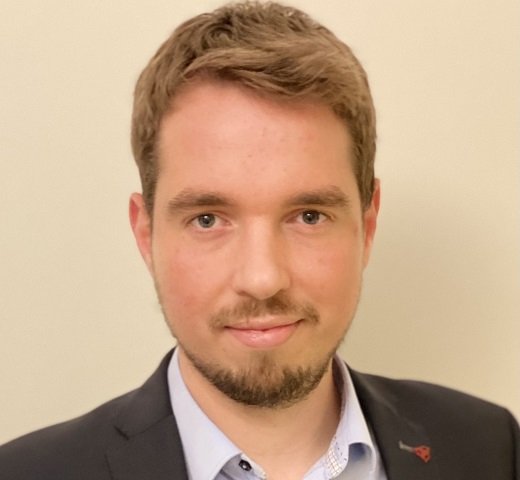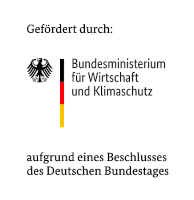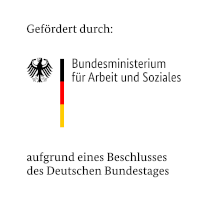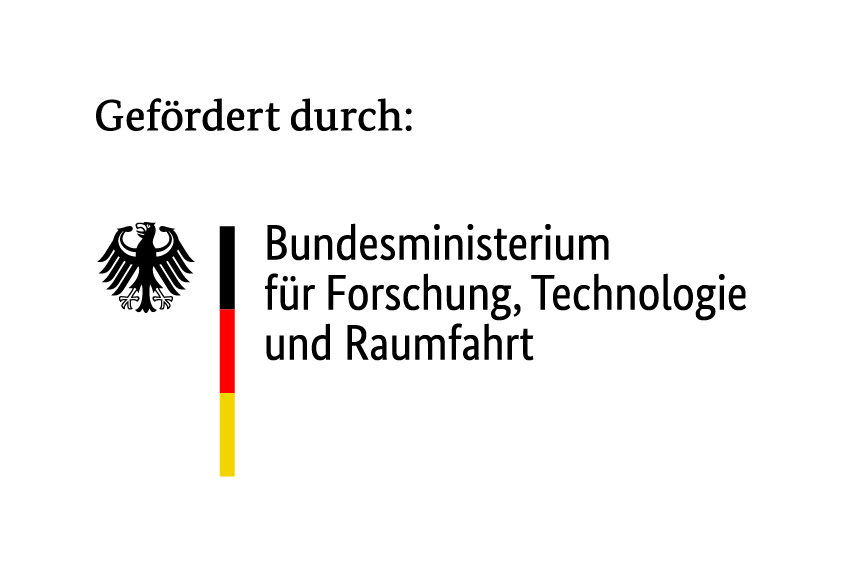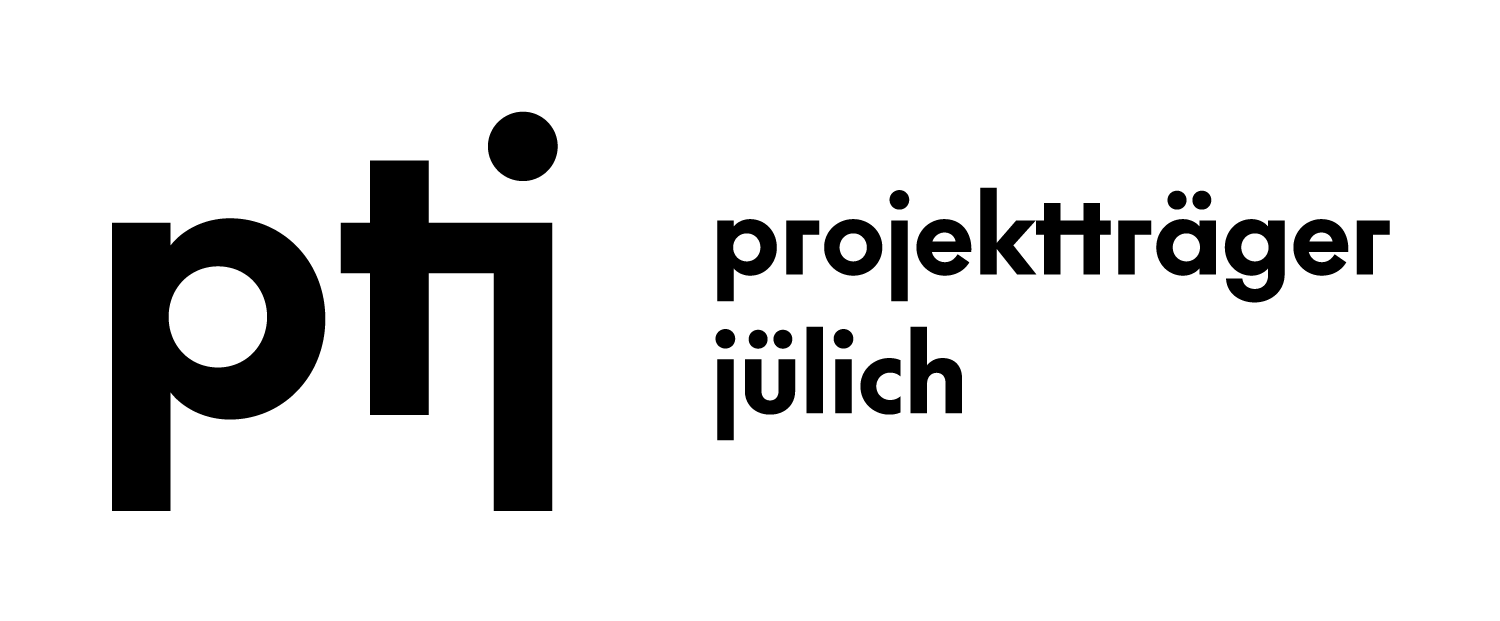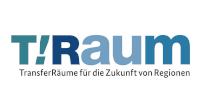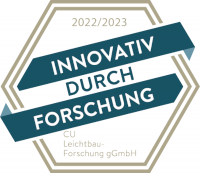The working group sustainability of the Composites United is the exchange platform for all relevant sustainability topics in the field of fiber-reinforced composite materials and aims to inform about current state of the art and relevant research programs in the field recycling and toxicity. Its goal is to find solutions to improve the circularity and sustainability of composite materials. In particular, the formation of cross-industry value chains is a special focus for the successful establishment of circular value chains for composites, which the network can support very well through its many participating industries. Interested CU members can join and bring in their topics and requests in order to jointly progress this important process.
Specific topics include:
1. Regulations and governmental topics
- Drive and accelerate the development of Industry Standards for recycled materials
- Inform about the development and compilation of LCA & LCC data of CFRP and CMC materials and products as well as fiber-reinforced concrete materials for a reliable and accurate determination of the CO2-footprint of these materials and parts
- Inform about facts of toxicity and material differentiation
- Inform and support about occupational safety working with the different composite materials
2. Improve circularity of composite materials
- Further development of composite recycling technologies (e.g. solvolysis).
- Improved logistic infrastructure to concentrate material flows for an economical recycling and steady supply of rCF products
- Constant improvement and development of rCF preforms and products
- Put cross-industry multi-loop recycling into focus, support and accelerate new cross-sectoral value chains
- Contribute to the development and compilation of LCA & LCC data of CFRP and CMC materials and products as well as fiber-reinforced concrete materials for a reliable and accurate determination of the CO2-footprint of these materials and parts
- Establish standards for and improve the acceptance of “Design for Circular Economy” during product development of CFRP and CMC parts and products as well as fiber-reinforced concrete materials: Promote Life cycle engineering of lightweight systems
- Improve and push “Design for Repair” aspects for an easier repairability
- Production technologies for circularity – efficient and waste-free manufacturing
3. Renewable and bio-based materials
- Develop and enhance technology to utilize renewable raw materials as source for advanced composites (fiber and matrices from bio-based and renewable sources)
- Materials from renewable sources – recycled and bio-based materials
4. End of life
- Finding solutions for a viable GFRP end of life
- Support projects and activities to establish solutions for CFRP end of life that utilize both the energy as well as the material as a resource (thermal and raw material recovery), e.g. recycling of steel scrap, production of calcium carbide.
The list of topics is a non-exhaustive selection and variable based on the CU Network’s sustainability requirements.
The working group sustainability is mainly supported by a core team comprised of CU members that are experts in their respective fields. Special thanks to:
- Valerie Dosch, Walter E.C. Pritzkow Spezialkeramik
- Gabriele Gärtner, Ingenieurbüro G. Gärtner
- Barbara Güttler, IVW Kaiserslautern
- Andrea Hohmann, Fraunhofer IGCV
- Anna Schneller, MRM Uni Augsburg
- Eléonore Wild, CompPair Technologies
- Stefan Caba, EDAG
- Alexander Knorr, EFW
- Robert Kupfer, ILK – TU Dresden
- Tim Rademacker, MCAM
- Stefan Schlichter
- Tassilo Witte, CTC
